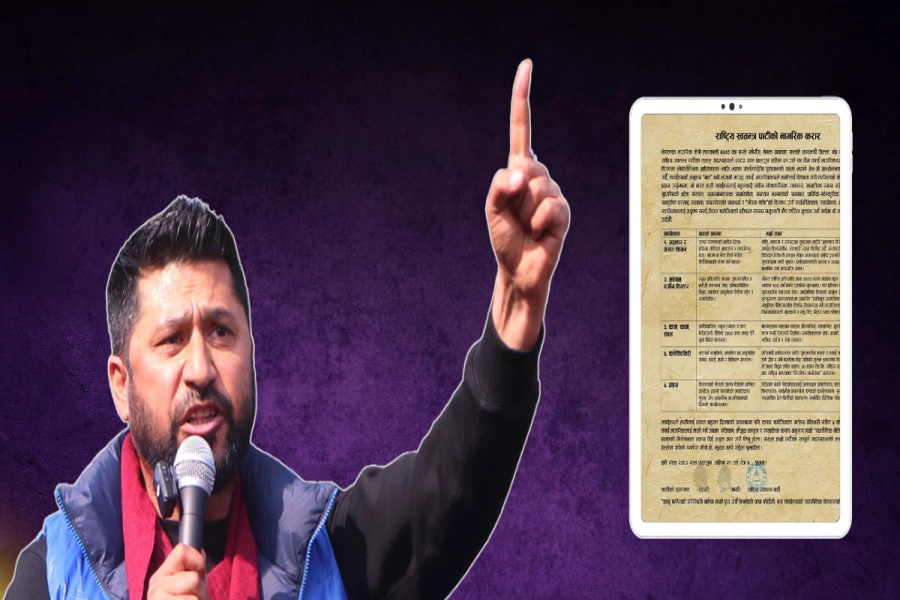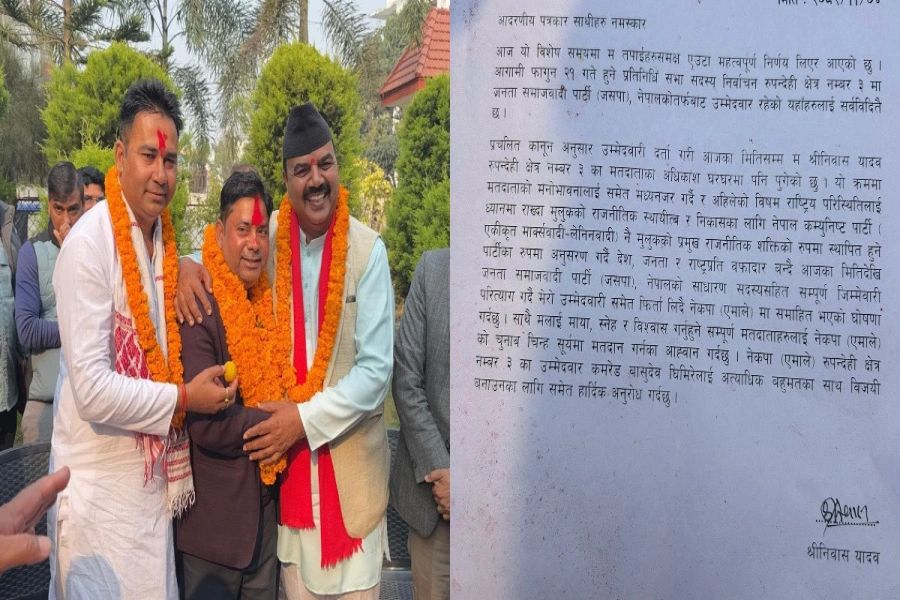KATHMANDU, Oct 5: The Commission for the Investigation of Abuse of Authority (CIAA) has adopted a strategy of maintaining confidentiality in the investigation process by ending the culture of pre-investigation publicity.
The Commission stated this in a report presented on its behalf to the State Affairs and Governance Committee. The Commission made it clear that its strategy and future course of action would be free from biasness and revenge motive. The investigation process would be based on facts, evidence and the rule of law.
The Commission in the previous years received widespread criticism for its activities which were allegedly motivated by the sense of revenge, animosity and intended at defaming a particular person. It has promised free, fair and independent investigation process and internal strengthening of the organization.
Google sued by employee for confidentiality policies that muzzl...

At the Committee meeting today, CIAA chief Nabin Kumar Ghimire pledged to bring people indulging in corruption to book.
The Commission has pledged to investigate any irregularities in development projects in order to ensure quality work. "Illegal activities like public land encroachment, embezzlement of government budget and corruption in revenue collection. The Commission is committed to checking such activities," said the Commission.
The Committee said all bodies are expected to help control corruption, maintain good governance and achieve prosperity.
Challenge: More than Rs 400 million sought
The CIAA considers checking corruption by strengthening the Commission’s responsibilities, authority, and a role and to have solid provisions on investigation and action against inappropriate acts, among others, as its challenges.
The Commission has stated that it filed 194 cases against 426 individuals seeking to recover Rs 403 million 334 thousand 512 in misappropriated amount and fine from them in fiscal year 2016/17.
Among these cases, 97 are related to bribing, 64 to a fake certificate, 13 concerning causing damage to and loss of public property, four related to amassing property disproportionate to the legal income, eight related to illegal benefits, five related to revenue misappropriation and three miscellaneous cases. RSS






































